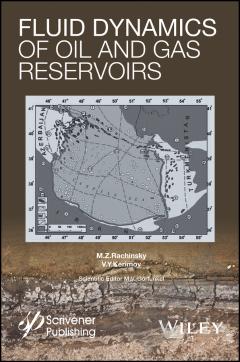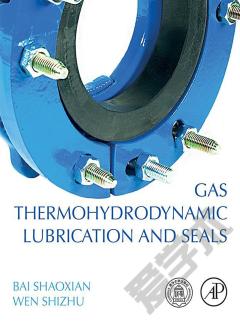Fluid Dynamics of Oil and Gas Reservoirs
Whether as a textbook for the petroleum engineering student or a reference for the veteran engineer working in the field, this new volume is a valuable asset in the engineer’s library for new, tested methods of more efficient oil and gas exploration and production and better estimating methods. In this book, the authors combine a rigorous, yet easy to understand, approach to petrophysics and how it is applied to petroleum and environmental engineering to solve multiple problems that the engineer or geologist faces every day. Useful in the prediction of everything from crude oil composition, pore size distribution in reservoir rocks, groundwater contamination, and other types of forecasting, this approach provides engineers and students alike with a convenient guide to many real-world applications. Fluid dynamics is an extremely important part of the extraction process, and petroleum geologists and engineers must have a working knowledge of fluid dynamics of oil and gas reservoirs in order to find them and devise the best plan for extraction, before drilling can begin. This book offers the engineer and geologist a fundamental guide for accomplishing these goals, providing much-needed calculations and formulas on fluid flow, rock properties, and many other topics that are encountered every day. The approach taken in Fluid Dynamics of Oil and Gas Reservoirs is unique and has not been addressed until now in a book format. Readers now have the ability to review some of the most well-known fields in the world, from the USA to Russia and Asia. Useful for the veteran engineer or scientist and the student alike, this book is a must-have for any geologist, engineer, or student working in the field of upstream petroleum engineering.
{{comment.content}}








 京公网安备 11010802027623号
京公网安备 11010802027623号